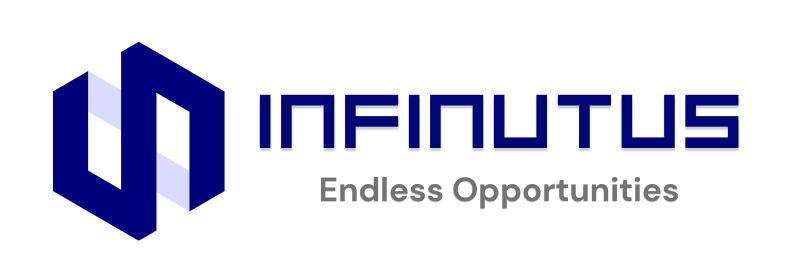
Why Is Search Engine Marketing Important?
In today’s digital age, search engine marketing (SEM) has become a critical component of any effective marketing strategy. With the explosion of the internet and the rise of search engines such as Google and Bing, the way businesses reach customers has changed dramatically. In this blog, we’ll explore why search




